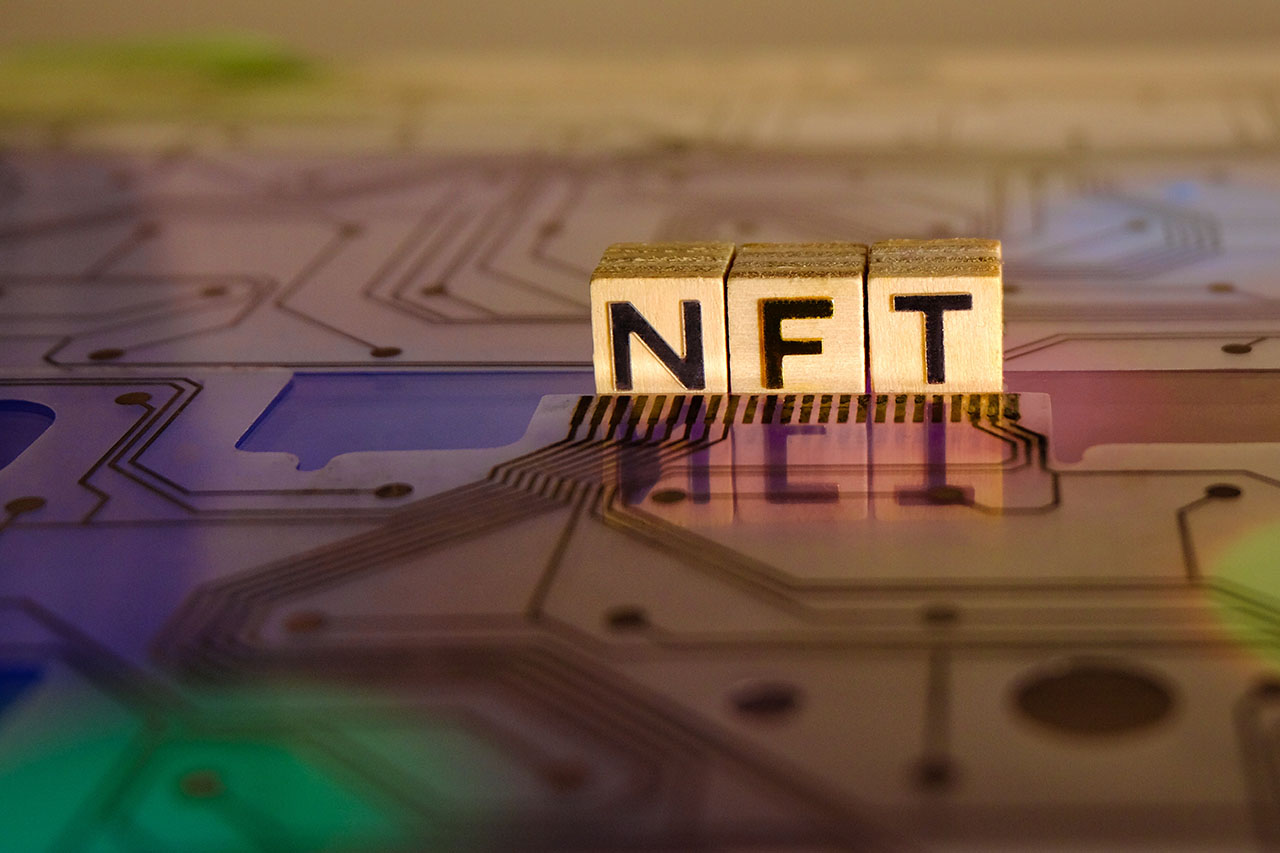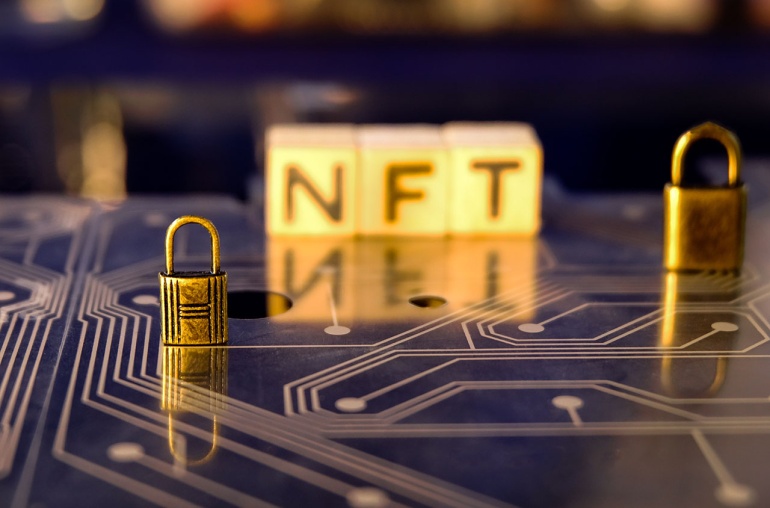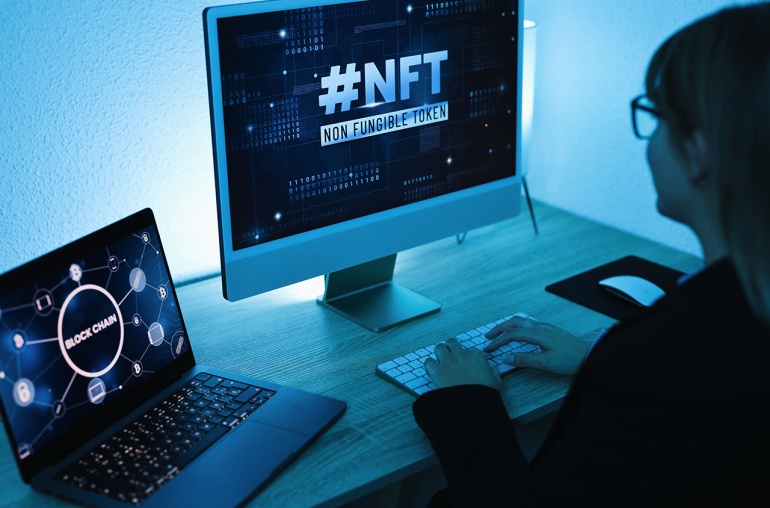Non-fungible token (NFT) is a revolutionary innovation that has already seen a wide range of applications outside traditional usage, which is currently to trade artworks and game avatars.
Physical items, digital content, and even intangible notions like intellectual property can all be represented using NFTs. It’s strange to think about it in terms apart from digital or 2D and 3D graphics, but it has a wide range of real-world applicability, which we’ll go over in depth below.
1. Assuring Product Authenticity
NFTs could be used to ensure that an item you’re purchasing is genuine. In the coming years, we will be able to verify the originality and validity of tangible objects thanks to the blockchain’s ability to retain product information indefinitely.
NFTs could also be used to keep track of information regarding the production process, guaranteeing that everything is done fairly. NFT applications aren’t limited to consumer goods. Several companies have used NFTs for industrial manufacturing prototyping with great success.
Fake foods, like supplements and medications, are a growing problem worldwide, and NFTs can help by identifying and tracing food goods. Items that wrongly claim to be developed and supplied in a certain country will eventually be found due to their previous record.
2. Identity Verification and Health Records
NFT ledgers can maintain a person’s medical records without jeopardizing privacy or risking manipulation from external sources. This is because NFT transactions are verified on several nodes before being committed to the blockchain, ensuring that all information is accurate and unaffected by unauthorized changes. In addition, NFT applications like NFT Birth certificates that health providers can issue to infants were built specifically to help healthcare workers.
Giving these NFTs to every child can be an excellent way to quickly generate blockchain identification connected to their birth certificate and then validated with NFT checking apps. NFT ledgers also offer a safer way to store confidential medical information while still enabling qualified healthcare providers accessibility when needed.
3. Real Estate
Real estate and NFTs go hand in hand. For example, time-stamped NFTs might be used to hand over land documents, offer ownership confirmation, and track changes in land value over the years. Among the most NFT-ready industries is the real estate business.
NFTs can be utilized in real estate to simplify and streamline payments, permit smart contracts for property, and even build decentralized house rental services while safeguarding sensitive data such as credit card numbers.
4. Patents and Intellectual Property (IP)
NFTs provide excellent protection for patents and intellectual property. NFT tokens, unlike conventional IP rights mechanisms such as copyrights and trademarks, enable users to show possession of any workpiece
Time, date, and the IP’s entire history could be used to determine who possesses the intellectual property. The NFT chain will indeed be immutable, allowing the NFT owner to prove that they were the original producer of a piece of labor at any moment.
Patents are in the same boat. NFTs can be used to secure and authenticate an innovation or idea’s copyright. NFTs may be able to provide the necessary data for verification, leading to the construction of a public ledger that keeps track of all patent activities.
5. Supply Chain
Food items present a huge problem when it comes to confirming where they came from, what their components are, and so forth. NFTs can be tied to an item through the blockchain, providing it a permanent NFT identity. This is an excellent example of NFTs collaborating with the supply chain. Furthermore, NFTs can help businesses trace their items from manufacturing to shipment and delivery. It allows customers to see what they’re spending their money on while also ensuring transparency in the supply chain.
6. Educational Credentials
NFTs can also be used to display academic credentials. They can provide evidence of attendance, degrees achieved, and other essential information stored on the NFT chains and cannot be changed or hacked. By distributing tokens for every course finished and certifying any degrees achieved using smart contract verification methods, NFTs can generate permanent records for different courses.
Producing a paper certificate will become obsolete in the future. NFTs will be used to document academic performance, and NFT education tokens can even be transferred, which will help those switching schools or applying for university.
7. Gaming Industry
NFTs can be used in the gaming industry to enable cross-platform gameplay. They give game creators a new chance to expand their market and make money, while players who already own characters or items in a game are more likely to stick with it. NFTs also enable game trade to be easier, potentially adding value to NFT objects in games that differ in rarity.
NFT owners won’t be worried about fraud since no intermediate person is involved. The blockchain allows transactions to be executed instantly. Axie Infinity and other upcoming blockchain games are already utilizing this use case to their full potential.
8. Ticketing
NFTs will be used to substitute tickets in the coming years. For instance, parking permits can be replaced with NFT tickets assigned a distinctive ID, which you can then use to authenticate your admission into the closed area.
This eliminates fraud problems and decreases paper usage because NFT owners only require one token rather than several copies. The same approach applies to bus tickets or other modes of transportation when payment verification is done through scanners at many points throughout the journey.
Final Verdict
Although NFTs are still in their infancy, it is evident that there are many use cases for them beyond artworks. NFTs would make many services easier to use and increase visibility in many transactions.



